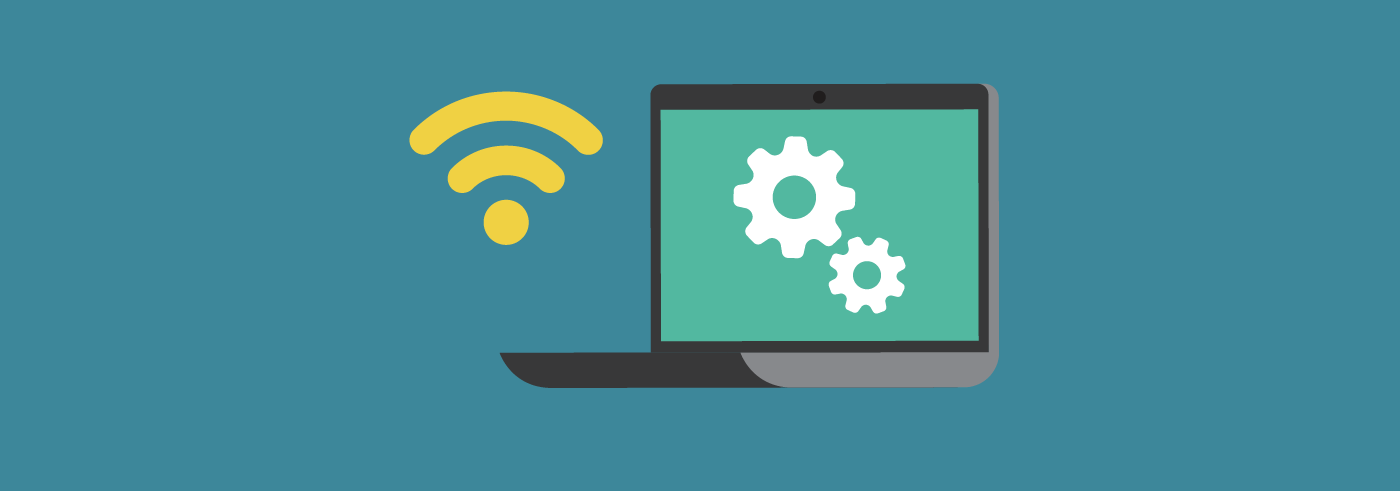
Technology in education is not merely using devices; districts must have a vision and plans for instructionally powerful uses of new technologies and applications. Through seamlessly embedding learning apps, open educational resources, and other technologies into learning environments, districts can redesign students’ learning and engagement.
While providing broad access to technology has the potential to enhance student learning and engagement, it also comes with challenges—from using evidence to select appropriate tools and materials, to making sure the many applications and systems in place are interoperable and protect student privacy. With the introduction of AI into classrooms, safe, ethical, and effective use of emerging technologies and building AI literacy are new challenges.
—Student
—Educator
—Community Member
Students and classroom teachers share their ideas for improving technology access and integration below.
Explore the tiles below to learn more about projects and resources that aim to support schools and educators in leveraging technology.
The Digital Equity Framework is a set of principles, guidelines, and policy recommendations designed to bridge the digital divides at the state level, for K-12 systems, and for higher education.
The Edtech Pilot Framework provides a step-by-step process to help education leaders and technology developers run successful edtech pilots.
This program supports teachers with free professional learning focused on digital skills, remote learning, and digital coaching with opportunities to earn Digital Promise micro-credentials.
League districts tackle common challenges through learning collaboratives focused on student agency, high school redesign, and leveraging technology.
This is a free online teacher training course to help educators discover the strategies and opportunities around powerful blended learning.
Digital Promise gathered insights on how educators can leverage digital tools low-tech settings to deliver powerful learning.
The Education Development Center’s Haiti Pilot report shares strategies for teaching and learning in remote and hybrid learning environments.
The DLP pilot launched in 2017 to increase educational equity and impactful use of technology through instructional coaching.
Project Topeka brought together cutting edge tools and high quality instructional resources from industry leaders to support educators teaching argumentative writing.
Research-based perspectives offer lessons for writing instruction and teacher professional learning.
Edcamps centered on understanding the adoption and use of new technologies in the classroom and how practitioners can influence the researchers and developers of those technologies.
League districts tackle common challenges through learning collaboratives focused on student agency, high school redesign, and leveraging technology.
This is a free online teacher training course to help educators discover the strategies and opportunities around powerful blended learning.
Digital Promise gathered insights on how educators can leverage digital tools low-tech settings to deliver powerful learning.
The Education Development Center’s Haiti Pilot report shares strategies for teaching and learning in remote and hybrid learning environments.
The DLP pilot launched in 2017 to increase educational equity and impactful use of technology through instructional coaching.
Project Topeka brought together cutting edge tools and high quality instructional resources from industry leaders to support educators teaching argumentative writing.
Research-based perspectives offer lessons for writing instruction and teacher professional learning.
Edcamps centered on understanding the adoption and use of new technologies in the classroom and how practitioners can influence the researchers and developers of those technologies.